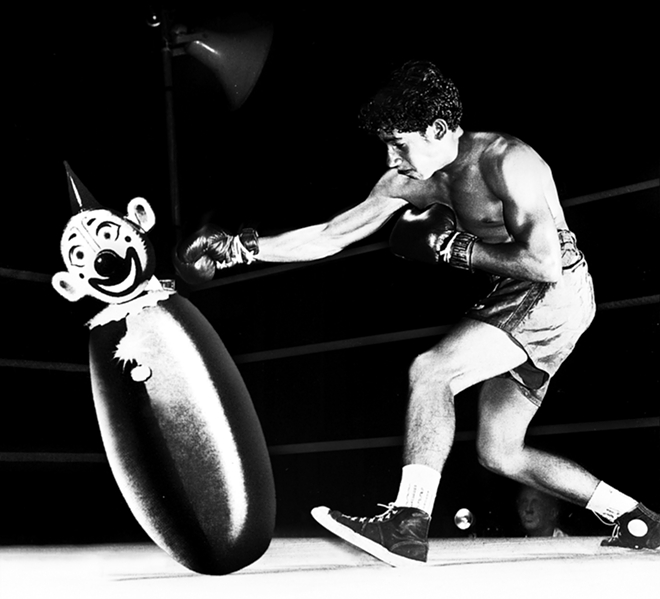[Editor’s Note: Maybe it’s a hangover from the holidays or a side effect of entering a new year, but the subject of happiness seems to be occupying many minds of late, especially in academia. Harvard University made headlines several years ago when it introduced an undergraduate course in happiness, and since then its entrepreneurial instructor, Shawn Achor, has graduated to TED talks, best-sellerdom and the cover of the Jan. 2012 Harvard Business Review. The Huffington Post recently wrote about a long-term study that explored the happiness of a group of Harvard men over a period of more than 50 years. Last week, Diane Rehm’s NPR show featured an interview with University of California psychology professor Sonja Lyubomirsky, author of the intriguingly titled The Myths of Happiness: What Should Make You Happy, but Doesn’t, What Shouldn’t Make You Happy, but Does.
Books on happiness have become an industry unto themselves, in fact, with titles ranging from The Happiness Advantage (Achor’s best-seller) to The Happiness Project to The Happiness Trap. And then there’s Oliver Burkeman’s The Antidote: Happiness for People Who Can’t Stand Positive Thinking. The following essay, which ran originally in the New York Observer, suggests that Burkeman’s book is a necessary and refreshing tonic to all this happy talk.]
I don’t remember when I began saying it, though as a worldview it seems to have always been with me. Whenever things are bad — annoying, unpleasant, dire, morbid, arduous, depressing — and someone offhandedly says, “It could be worse,” I always reply, “And it probably will be.” I certainly never thought of it as a morale booster, more of a sardonic rejoinder to a mindless remark, a platitude in response to a platitude. It turns out, though, that this approach might be a more helpful response to the darker corners of human existence than I thought.
In his new book, The Antidote: Happiness for People Who Can’t Stand Positive Thinking (Faber & Faber), which is to say, intelligent people, Oliver Burkeman recalls finding himself chatting with the pre-eminent behavioral psychologist Albert Ellis, then in his 90s. One of the main methods Ellis advocates for modulating one’s view of life is realizing “the difference between a terrible outcome and a merely undesirable one.” Many of the events that cause us anxiety and unhappiness are in fact not nearly as bad as the level of emotional fervor we cover ourselves in while fearing them. Taking this thinking to its extreme, to prove the point, Ellis pointed out, “If you are slowly tortured to death, you could always be tortured to death slower.” In other words, it could be worse. (And it probably will. Ellis died shortly after Mr. Burkeman met with him.)
Mr. Burkeman begins his study of the power of negative thinking with a foil. He finds himself in a basketball stadium outside San Antonio at a mass meeting of Get Motivated!, an organization run by Dr. Robert H. Schuller, the happy huckster responsible for Orange County’s Crystal Cathedral and the nationally televised Hour of Power. Get Motivated!, however, is a secular organization devoted to pushing the positive, and its meetings often boast noteworthy keynote speakers, like George W. Bush (who addressed the gathering Mr. Burkeman attended), Rudy Giuliani, Colin Powell and Mikhail Gorbachev.
The group’s approach consists mostly of telling yourself good things — whether true or not — and allowing the uplifting power of positivity to do its work. “The doctrine of positive thinking at its most distilled, isn’t exactly complex,” Mr. Burkeman writes, “decide to think happy and successful thoughts — banish the specters of sadness and failure — and happiness and success follow.” This is the method of the grand tradition of sanguine self-delusion stretching from Tony Robbins back to Dale Carnegie and Norman Vincent Peale (a copy of whose pamphlet “How to Handle Tough Times” has a place of honor next to the bar in my apartment).
Mr. Burkeman rightly sees this as a mostly moronic approach and quickly pinpoints its inefficacy. If intelligence is the greatest barrier to happiness, the gullible and the simple too have the capacity for misery: “The person most likely to purchase any given self-help book is someone who, within the previous eighteen months, purchased a self-help book” — a fact that aptly demonstrates that the self-help industry is mostly just helping itself.
Moreover, the happiness industry is based on a tautology that prevents any real inquiry and inures it to the questioning bound to arise in the mind of any mildly reasonable individual. “If you voiced [an] objection to Dr. Schuller, he would probably dismiss it as ‘negative thinking.’ To criticize the power of positivity is to demonstrate that you haven’t really grasped it at all. If you had, you would stop grumbling about such things, and indeed about anything else.” That is, I’m okay, you’re okay. Now shut up and get happy.


